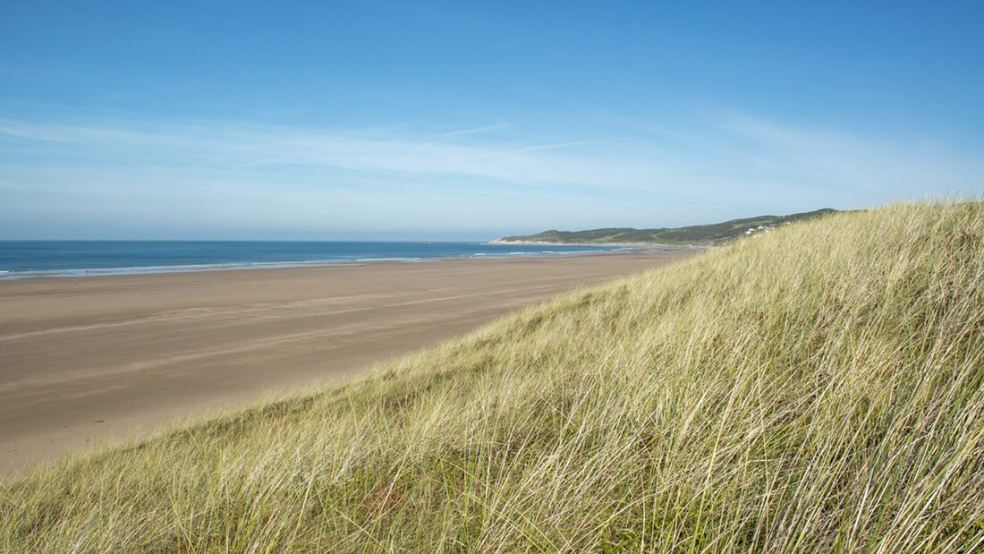
South West Businesses Urge Forecast Reform After Misleading Weather Warnings Hit Revenue
With the Easter holidays now complete and longer evenings closing in, many families will be considering a UK holiday. However, despite Devon enjoying one of the best beaches in the UK, the temperamental weather can cause hesitancy for families when it comes to committing to things like staycations and beach days out.
To understand how accurate the weather forecasts really are, Woolacombe Bay Holiday Parks compared Met Office predictions with actual rainfall in Woolacombe. The data, collected over 53 days, shows that the Met Office actually got the forecast ‘wrong’ more than 40% of the time. Over 40% had a forecasted 10% or higher chance of rain, and on 16 of the days not a single drop fell. The results raise serious concerns about the financial impact of inaccurate weather reporting, especially for tourism businesses that rely on last minute bookings.
What impact does the weather forecast have on beach days?
Woolacombe Bay Holiday Parks, also polled its Facebook followers to gauge how it affects their behaviour. Earlier in April, they asked at what point on a weather forecast from 10% to 100% chance of rain they would cancel a trip to the beach.
Of the 202 people who responded, 24% said they would cancel their plans at a 40% chance of rain and an equal 24% said they would only cancel at a 100% chance. These changes in messaging highlights how sensitive holiday decisions are to weather forecasts - and how damaging misleading predictions can be to local tourism.
Should the Met Office change their messaging?
The question remains: should the Met Office reconsider how it communicates rain probabilities, particularly in UK holiday regions?
Other businesses have also been struggling with inaccurate and misleading weather forecasts. Woolacombe Bay Holiday Parks got in touch with the director at The Big Sheep (a Devon amusement park), who threatened to sue the Met Office for the material damage they were doing to the tourism industry. They found that their daily forecasts are frequently incorrect, and forecasts made further in advance are especially damaging for those relying on weekend and last-minute visitors. It can really impact booking confidence, with the North Devon theme park saying it loses £100,000’s each year. As summer nears, Devon’s tourism industry is demanding better forecasts—and fewer false alarms. The Met Office really should get it right or no longer do longer term forecasts.
Overall, we hope this article has been insightful in learning more about the potential issues surrounding weather forecasting and how it’s losing Devon businesses business.











